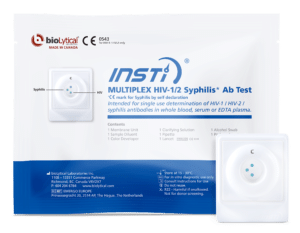The UK is said to have 1,400 dating apps and sites alone, and that number continues to rise¹. There is no doubt that attitudes towards relationships and sex has evolved. Now easier than ever before people can use apps to connect with strangers and ‘hook-up’. This liberal way of connecting could be putting people at risk and may be adding to the rise of STIs²? Is it time for greater public awareness on safer sex and how we can reduce the risk of contracting sexually transmitted viruses?
Last year Public Health England recorded an STI increase in syphilis by 20 percent and gonorrhoea by 11 percent between 2014 and 2015³. Although the trend in STIs has continued to rise year on year, the debate has now shifted to whether this increase has been compounded by the use of dating apps. Whether true or not, technology is here to stay and has changed behaviour. How we educate and reach people who use these apps should also advance.
Could the owners of these apps themselves be the key to a solution? Should they take greater responsibility in providing support and information? Or is the prospect of catching an STI unpalatable for a hook-up app to discuss?
Convenience culture is everywhere; contactless payments, click and collect, and on-demand TV. We want it all now. Fortunately we can use apps and other associated technology to tap into this trend e.g. bioLytical’s INSTI HIV test. With a simple blood sample extracted in an easy-to-use test, the INSTI HIV Self Test provides instant results and is over 99% accurate.
The future of medicine, education and technology could be to work in synergy and deliver a clear message of responsible sex. In fact, with the power of technology, dispelling and pushing the message out has never been easier. Surely using all available resources to fight against STIs is the only way to win the battle.
References:
¹http://globaldatinginsights.com/2016/06/01/how-to-get-all-the-eyes-on-your-dating-app/



